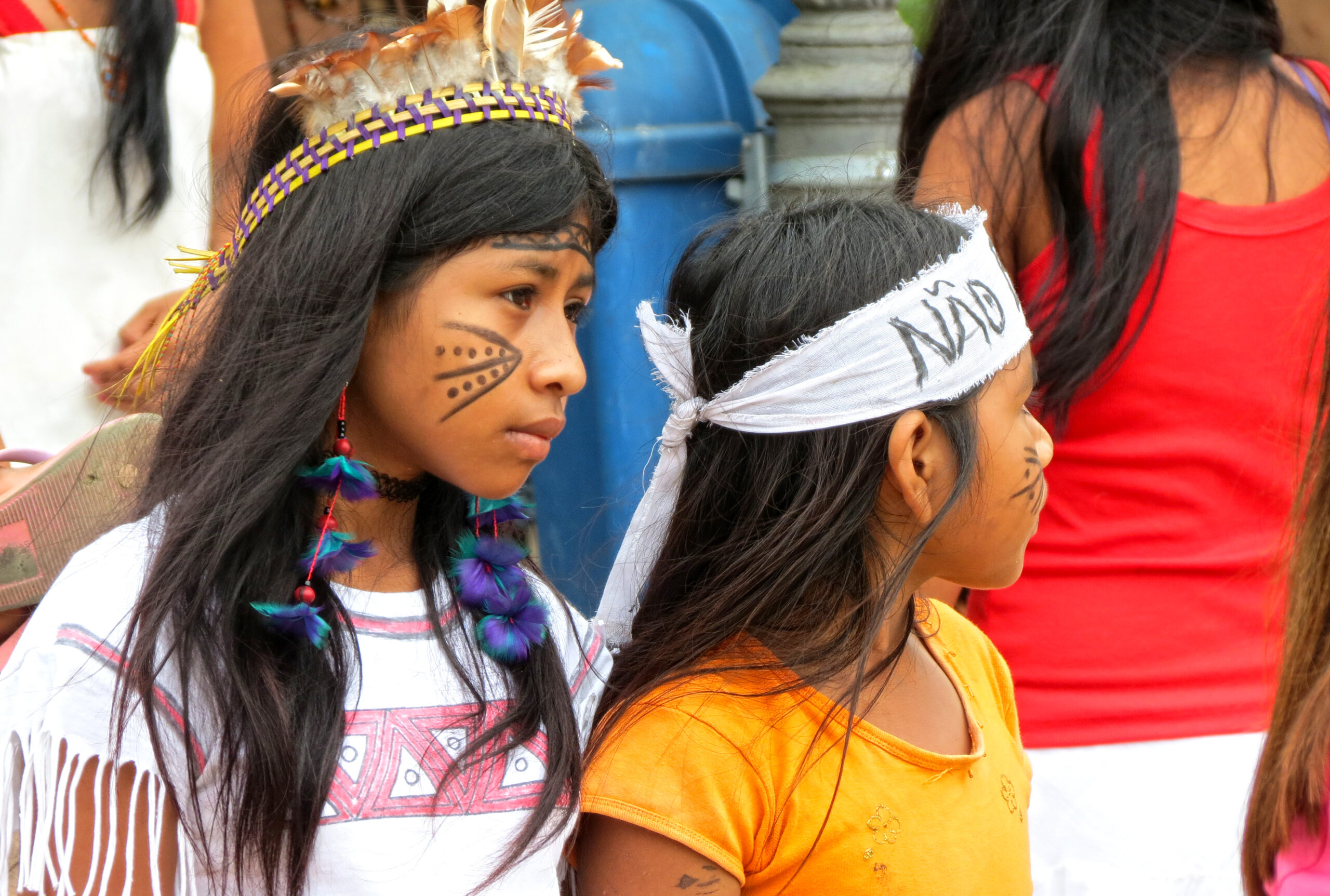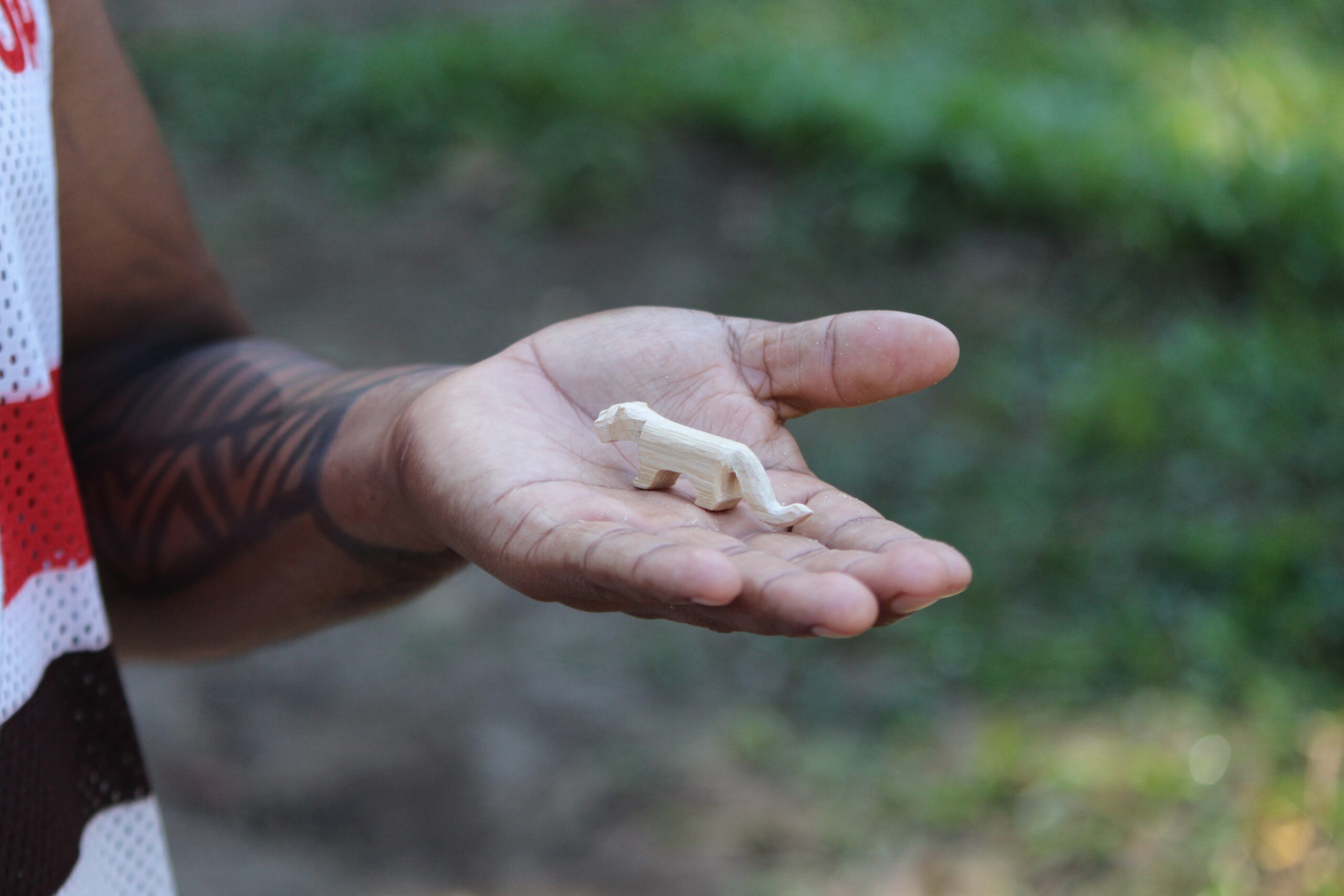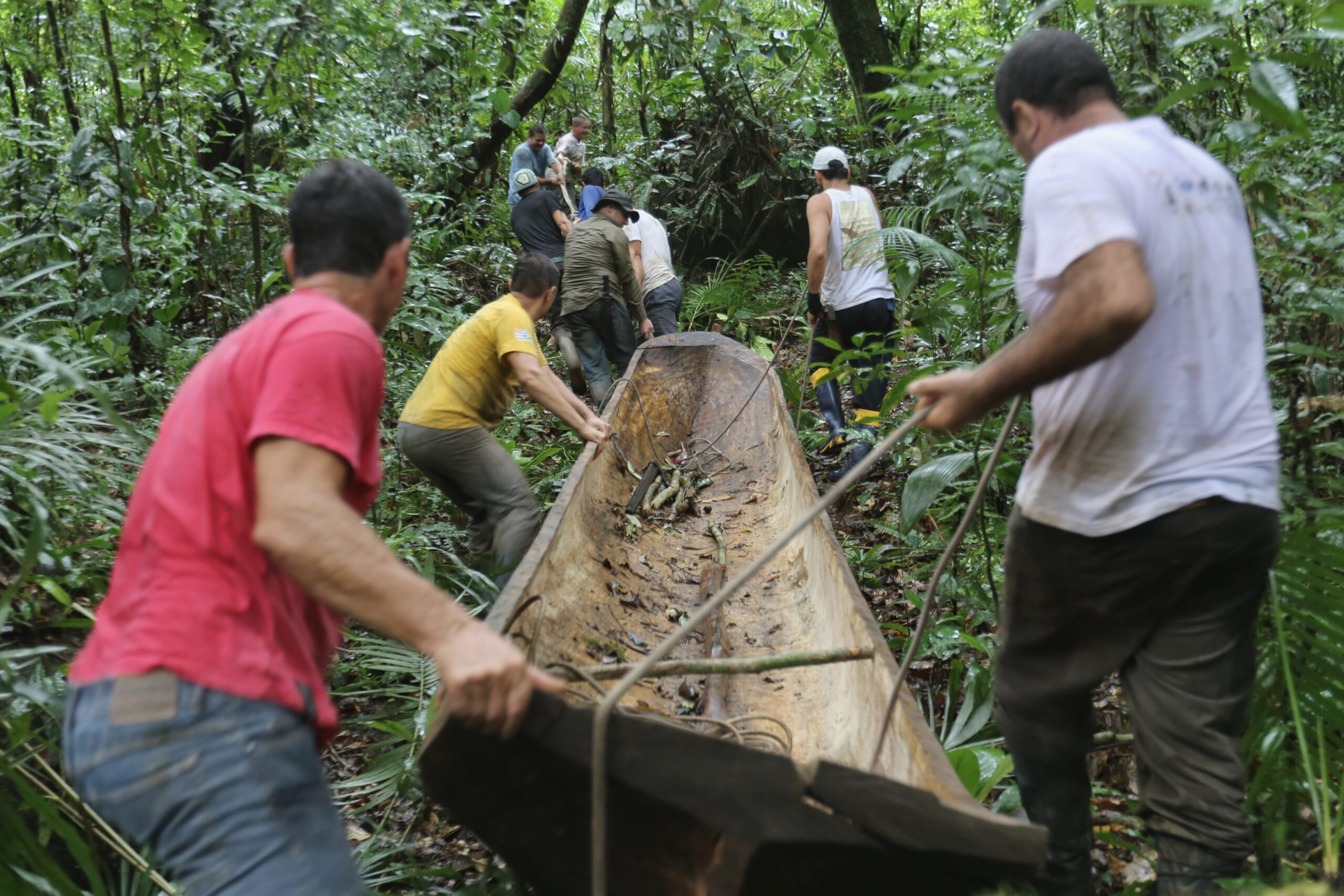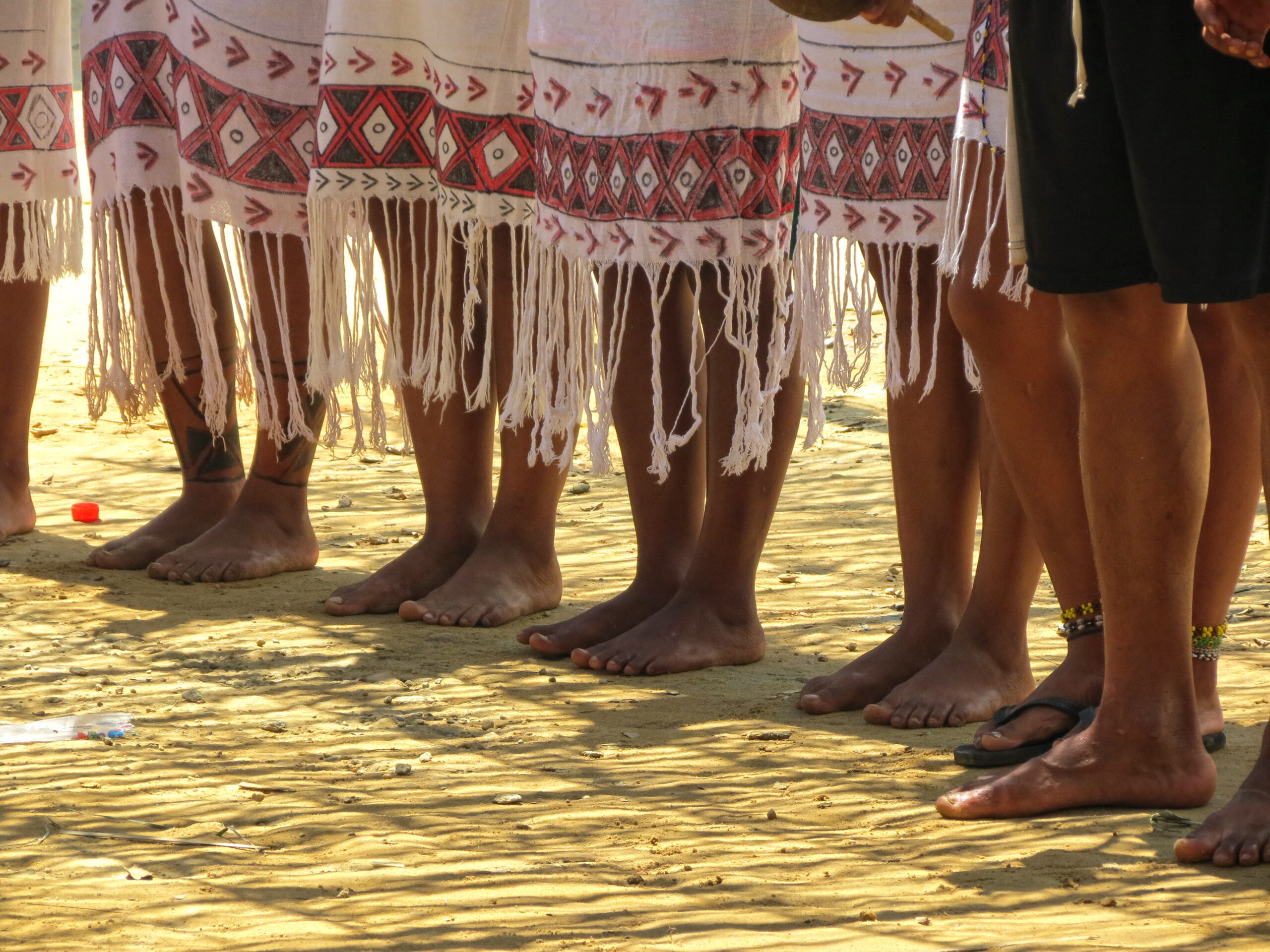Sustainable territories: social transformation through living well
Sustainable territories contribute to the maintenance of cultures and traditions of the Caiçaras, indigenous and quilombola peoples of this region


Credit: Disclosure
By: Renato Silva / Lupa do Bem – Favela em Pauta
The OTSS is a partnership between the Oswaldo Cruz Foundation (Fiocruz) and the Forum of Traditional Communities of Angra dos Reis, Paraty and Ubatuba (FCT). The organization contributes to the maintenance of cultures and traditions, in an integrated manner, with the Caiçara, indigenous and quilombola peoples of this region.
The observatory determines itself as a techno-political space for the generation of critical knowledge – which starts from the dialogue between traditional and scientific knowledge – for the development of strategies that promote sustainability, health and rights for the well-being of traditional communities in their territories.
The agency’s activities focus on the areas of socio-environmental justice, strengthening and qualification of the Forum of Traditional Communities, defense of the territory, social cartography, ecological sanitation, differentiated education, an incubator of social technologies and agroecology and community-based tourism.

An important part in making this work possible, Fiocruz plays the role of potentiating this integration of knowledge and aims to contribute to the promotion of health and quality of life for the Brazilian population, the reduction of social inequalities and the national dynamics of innovation, what guarantees the president of the foundation, Nísia Trindade Lima.
Sustainable and Healthy Territories of Bocaina
“Bocaina’s Sustainable and Healthy Territories Program is particularly important at a time when Fiocruz is completing 120 years. It reinforces the role of knowledge generation in dialogue with social movements around sustainable development projects and the possibility that these solutions and innovations, built together, can be integrated into the health system and social policies. This is what Bocaina’s experience inspires us”, comments the president.


The organization of great importance for the observatory is the Forum of Traditional Communities (FCT), responsible for articulating traditional peoples and communities in the Bocaina region. The FCT is a social movement that integrates indigenous, caiçara and quilombola communities from Angra dos Reis, Paraty and Ubatuba for the joint struggle in defense of their rights and traditional territories.


Founded in 2007, it operates in the areas of agroecology, ecological sanitation, differentiated education, artisanal fishing, community-based tourism, social cartography and socio-environmental justice based on the leadership and protagonism of the communities themselves.
Vagner do Nascimento, General Coordinator of the OTSS and Coordinator of the Forum of Traditional Communities, talks about the importance of working on differences in favor of the development of the territory and traditional communities. “We are from the social movement, from traditional communities, which have their principles and ways of organizing themselves, identifying themselves and fighting for their rights. And Fiocruz is a public institution that works focused on health and scientific research. So we have differences, and our challenge is to work on these differences and advance in what unites us, which is the search for technological solutions for sustainable development that allow traditional communities to remain in their territories”, he reports.
Joint construction in practice
The organization’s performance is built collectively. As mentioned, general coordination is carried out by both Fiocruz and FCT. In the coordinating collegiate, the seats are also occupied by indigenous people, caiçaras and quilombolas.


In addition, over time, the observatory’s actions and projects have relied on the community in other ways, through the sum of efforts of other entities, namely: CONAQ, National Coordination of Articulation of Rural Black Quilombola Communities; National Coordination of Traditional Caiçara Communities; Guarani Yvyrupa Commission; UFRJ; UFF; Federal Public Ministry; among other national and international educational institutions, and also public entities in the field of law.
Ivanildes Pereira, leader of the Guarani Mbya Rio Bonito village, OTSS researcher and member of the FCT, considers the observatory’s work to be important for developing knowledge among communities and also with universities. “That way, we can have more strength in the struggle for knowledge and more recognition, because the work involves the community, who will be developing the work in the future will be the young people from the communities themselves and the people who come from outside have a different look at the peoples’ traditions and our culture”, she concludes.
In the institutional video recently produced by the institution, it is possible, in addition to seeing a little more of the performance, to learn about various reports from professionals and important actors from traditional communities about the observatory.


